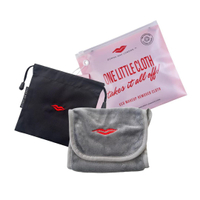Cost-saving swaps you can make if you're trying to save money
Our complete guide to a thriftier lifestyle


If you're trying to save some cash, these cost-saving swaps should help to reduce your monthly bills and be more efficient with your money. Life can get very expensive, with rising bills, numerous outgoings to consider, and big occasions like Christmas and weddings, which have the potential to be a financial drain.
From swapping your shopping habits to homemade beauty products and gifts, these are simple ways to cut down costs in your daily life. Food swaps can come in handy for reducing the bill on your weekly shop, while getting creative and maintaining a 'repair, don't replace' attitude with your wardrobe will help save money on clothes.
Our complete guide to a thriftier lifestyle includes cost-saving swaps for food, beauty and gifts. Here are some simple cost-saving swaps to help you save money each month.
Simple cost-saving swaps to make today
Use fabric makeup remover pads
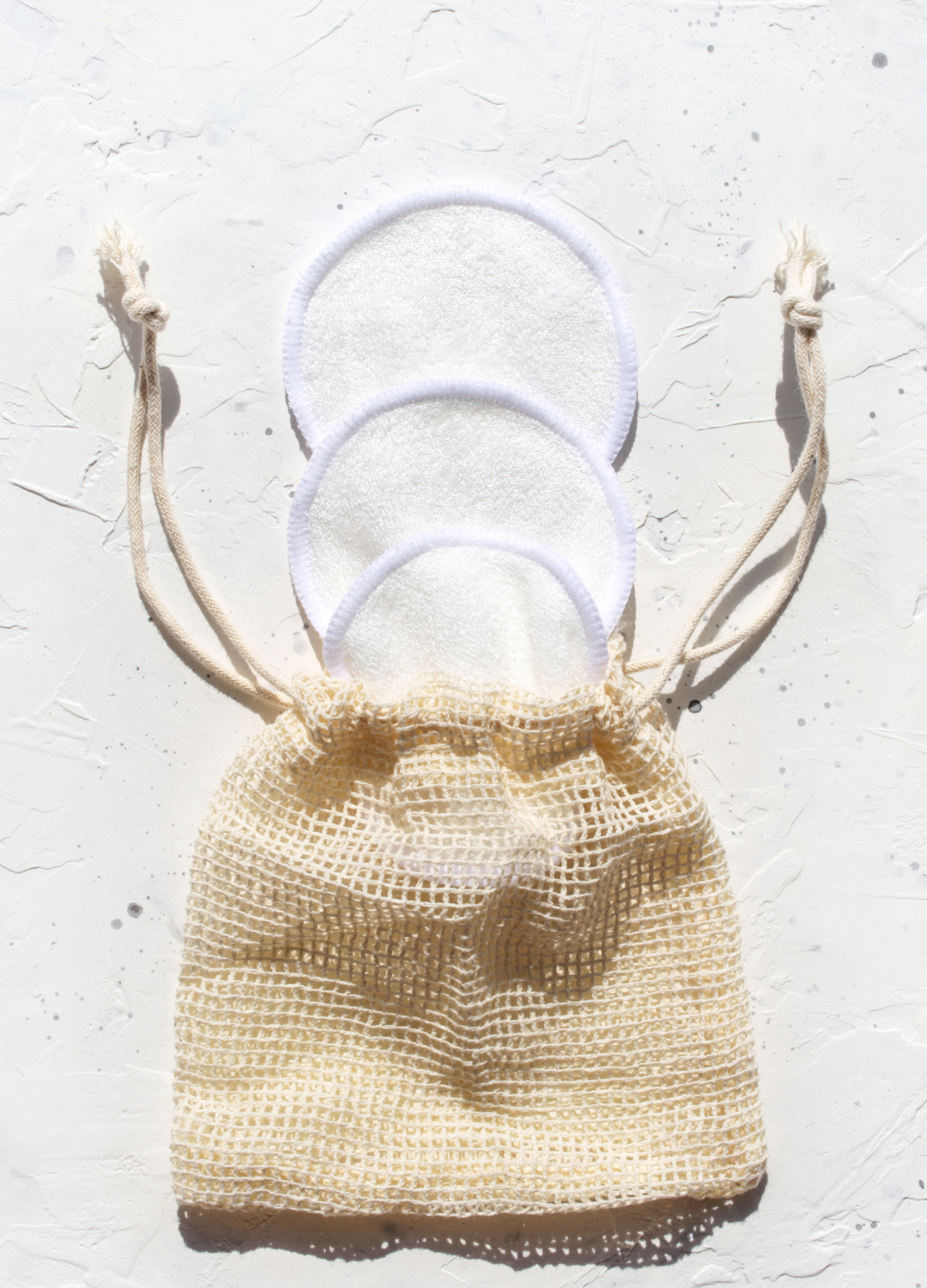
Opt for fabric makeup remover pads rather than cotton pads that go in the bin after use. These are kinder to your skin and also the environment, cutting down on single-use products within your routine. Team with DIY beauty products and refillable bottles for a more economical beauty routine.
Reusable Eco Make-up Remover Cloth | £12.50 at Donna May London
One of the woman&home 2024 beauty award winners, simply dab this reusable microfibre cloth with water to remove your makeup in a flash.
Make your own stock
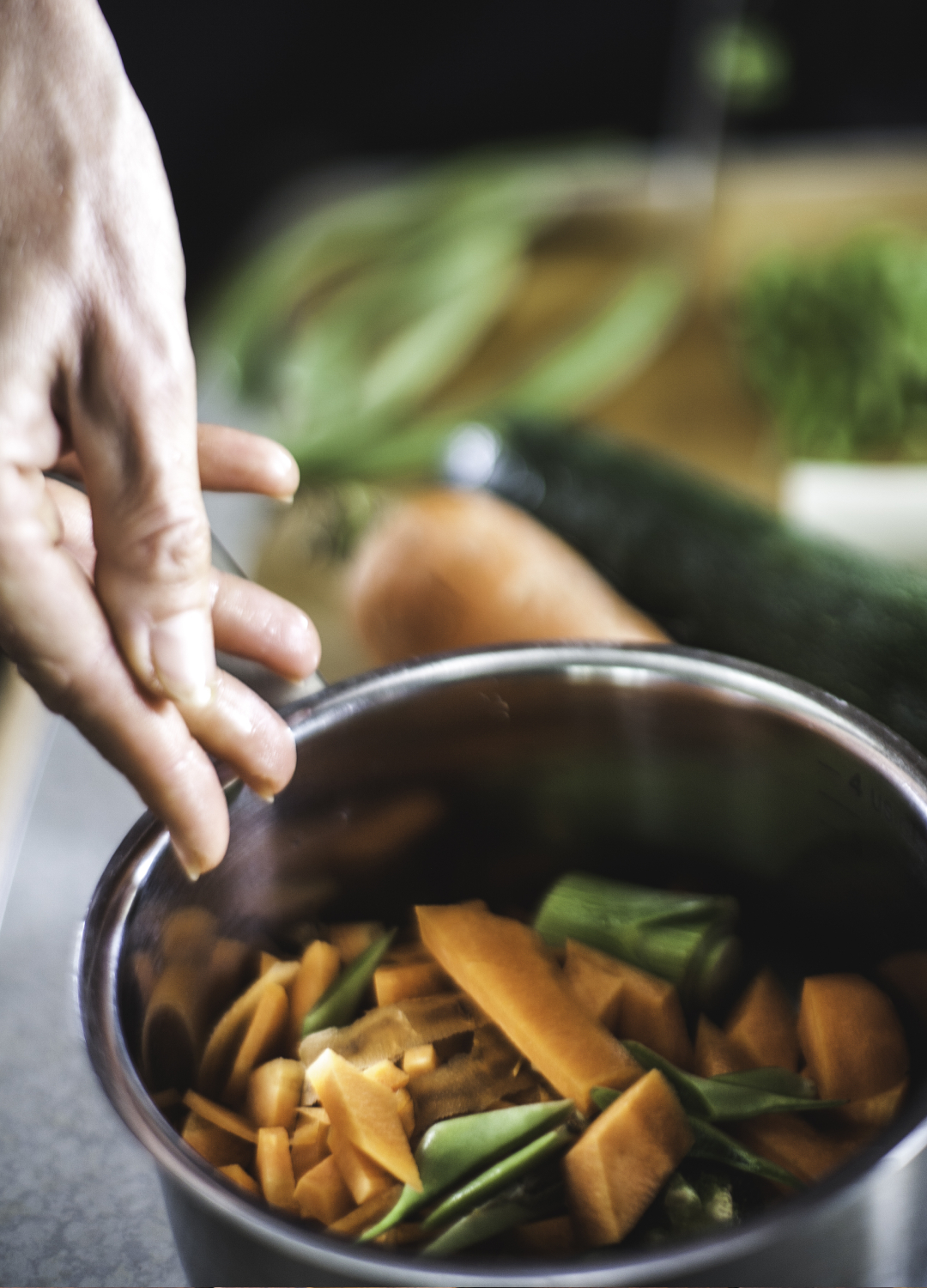
Batch cooking in general is a great way to save money. Vegetable stock can be made from scraps of veg you would usually throw away and will have the added bonus of no preservatives. Simply boil with water and reduce the stock down to a thick liquid. This can then be poured into an ice cube tray and kept in the freezer for when you need it.
Use frozen berries for your smoothies
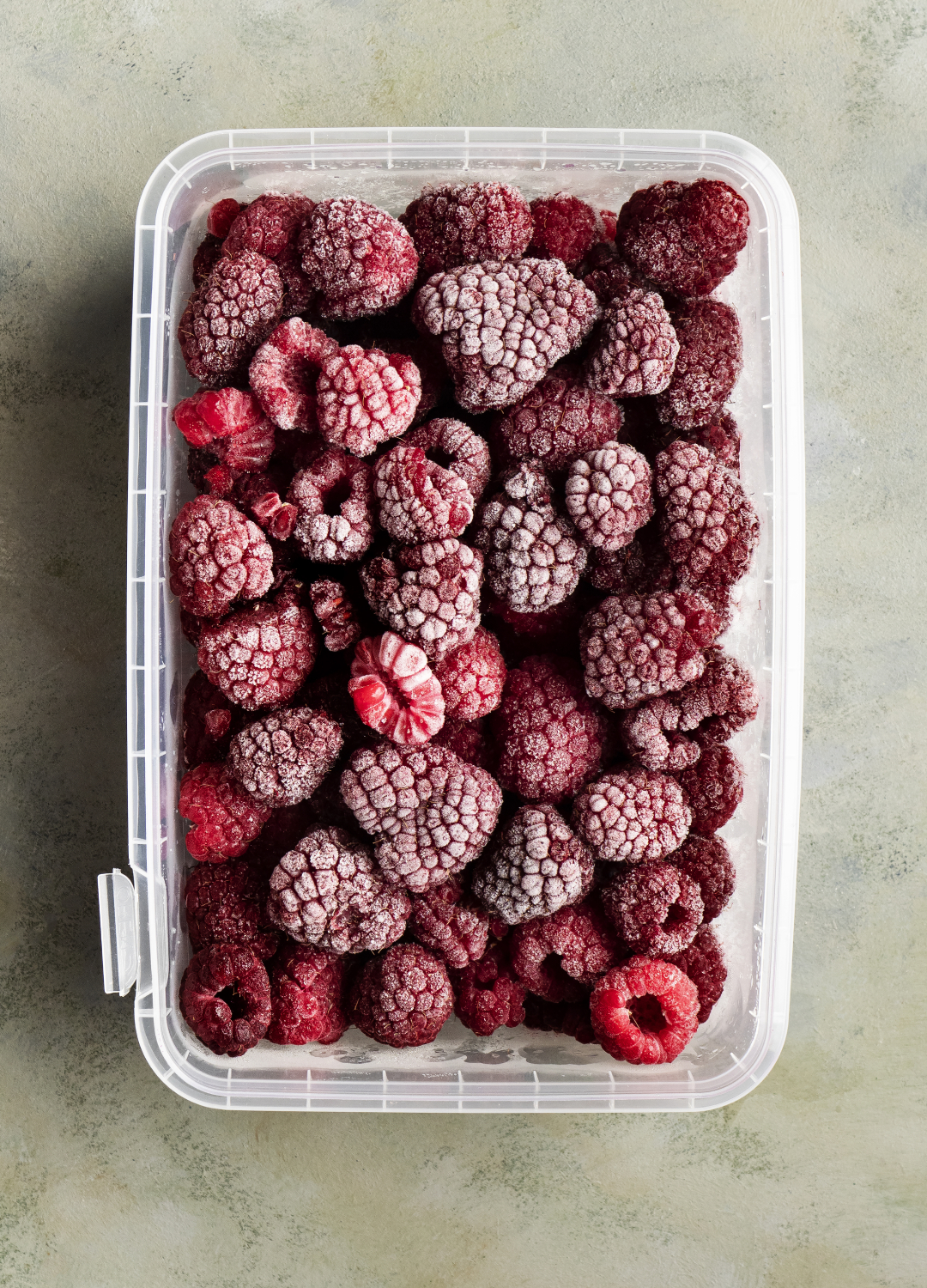
A fruity smoothie is a great way to start the day, but buying additional fresh fruit can be costly. Buying frozen berries in bulk will cut down costs and they'll provide a colder mixture that's deliciously refreshing.
Opt for cheaper cuts of meat for stew

If you're cooking a steak for a special treat, it goes without saying that you'll want to buy a more expensive cut, but for slow-cooked stews, the cheaper cuts of meat are more suitable. Take, for example, a classic beef stew. Tougher cuts of beef with more connective tissue will work well in a slow-cooked stew because they become very tender when cooked for a long time.
Sign up for the woman&home newsletter
Sign up to our free daily email for the latest royal and entertainment news, interesting opinion, expert advice on styling and beauty trends, and no-nonsense guides to the health and wellness questions you want answered.
Use tinned fish for fishcakes
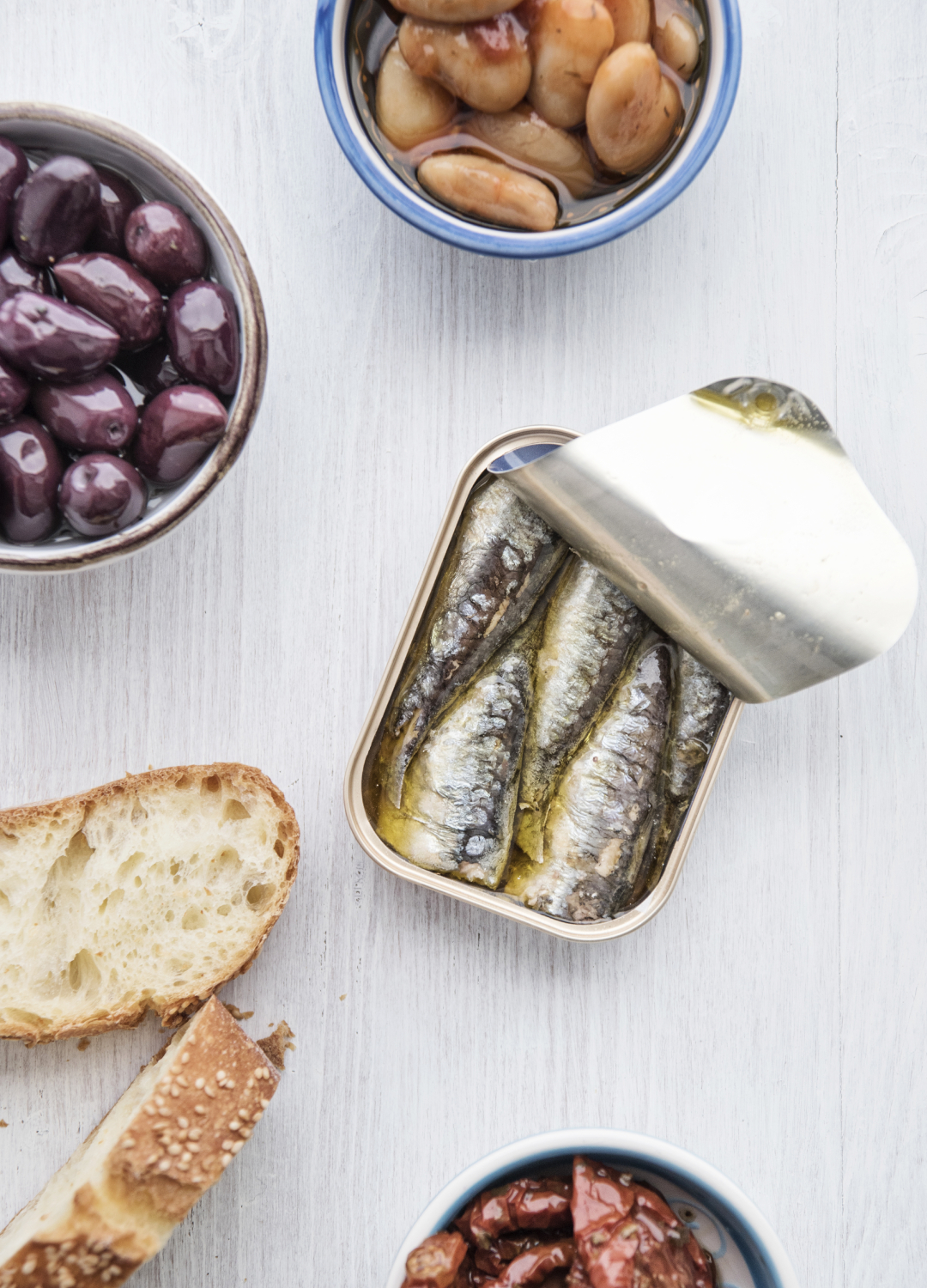
Fresh fish is delicious, but tinned fish will work just as well in some meals. Fishcakes are an easy mid-week meal - combine tinned fish with mash and herbs with a little egg to bind the mixture together, fry on both sides and finish in the oven for an easy mid-week meal that will feed a couple or a family for under £5.
Grow a herb garden
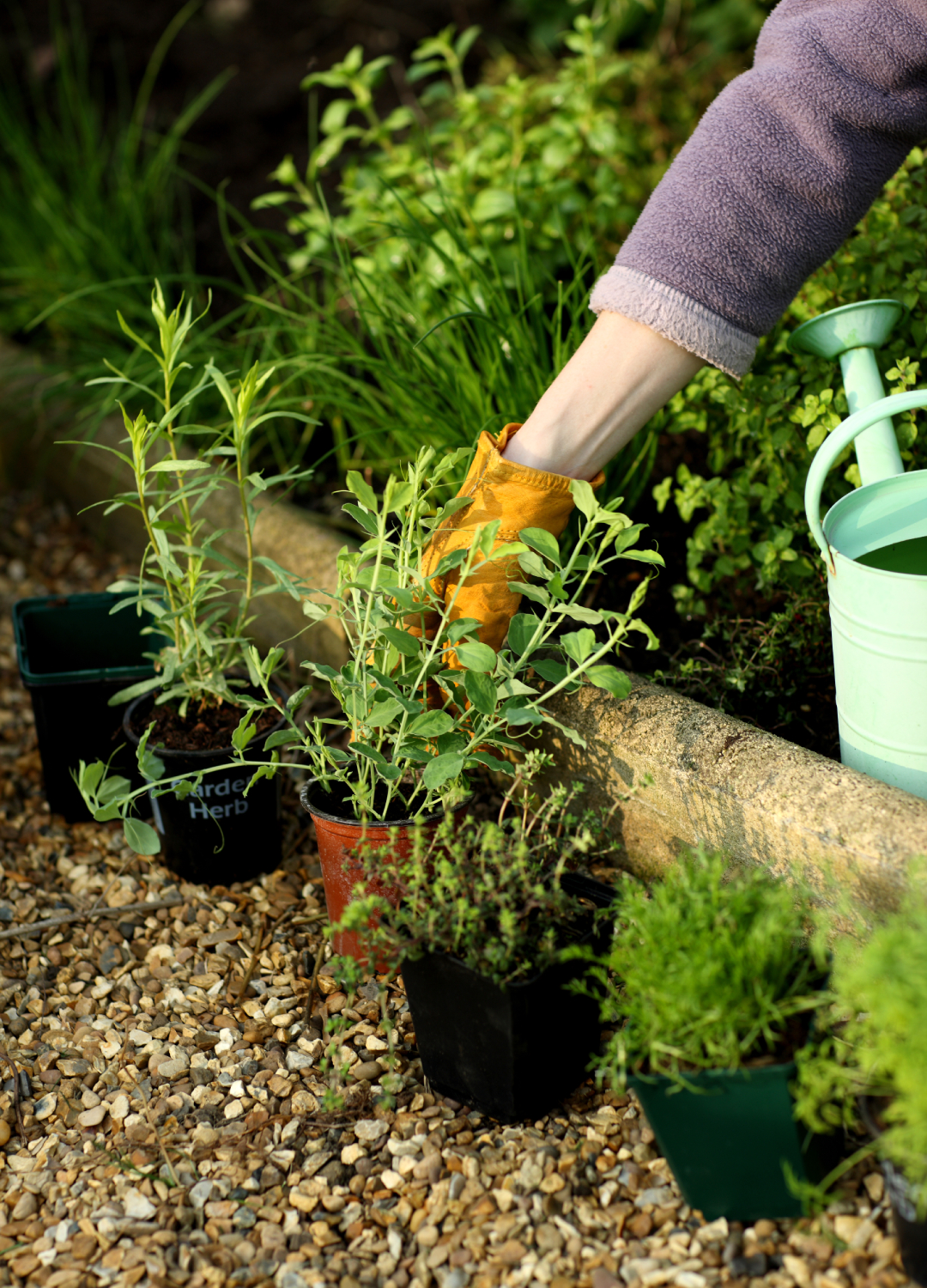
Fresh herbs are a great addition to any meal and for passionate cooks, they're often used daily. Growing your own is easy and has a lot of benefits - it's better for you, more sustainable and will save you money. Hardy herbs like rosemary and thyme will grow throughout the year - and are great additions to roasted veg, meals, and soups.
Use natural air fresheners

Plug-in air fresheners or sprays laden with chemicals are bad news for your home and your air quality. Instead, make your own from natural ingredients like distilled water, essential oils and anti-bacterial witch hazel. Store in a glass bottle and keep refilling for a cheaper alternative to shop-bought sprays.
Repair, don't replace
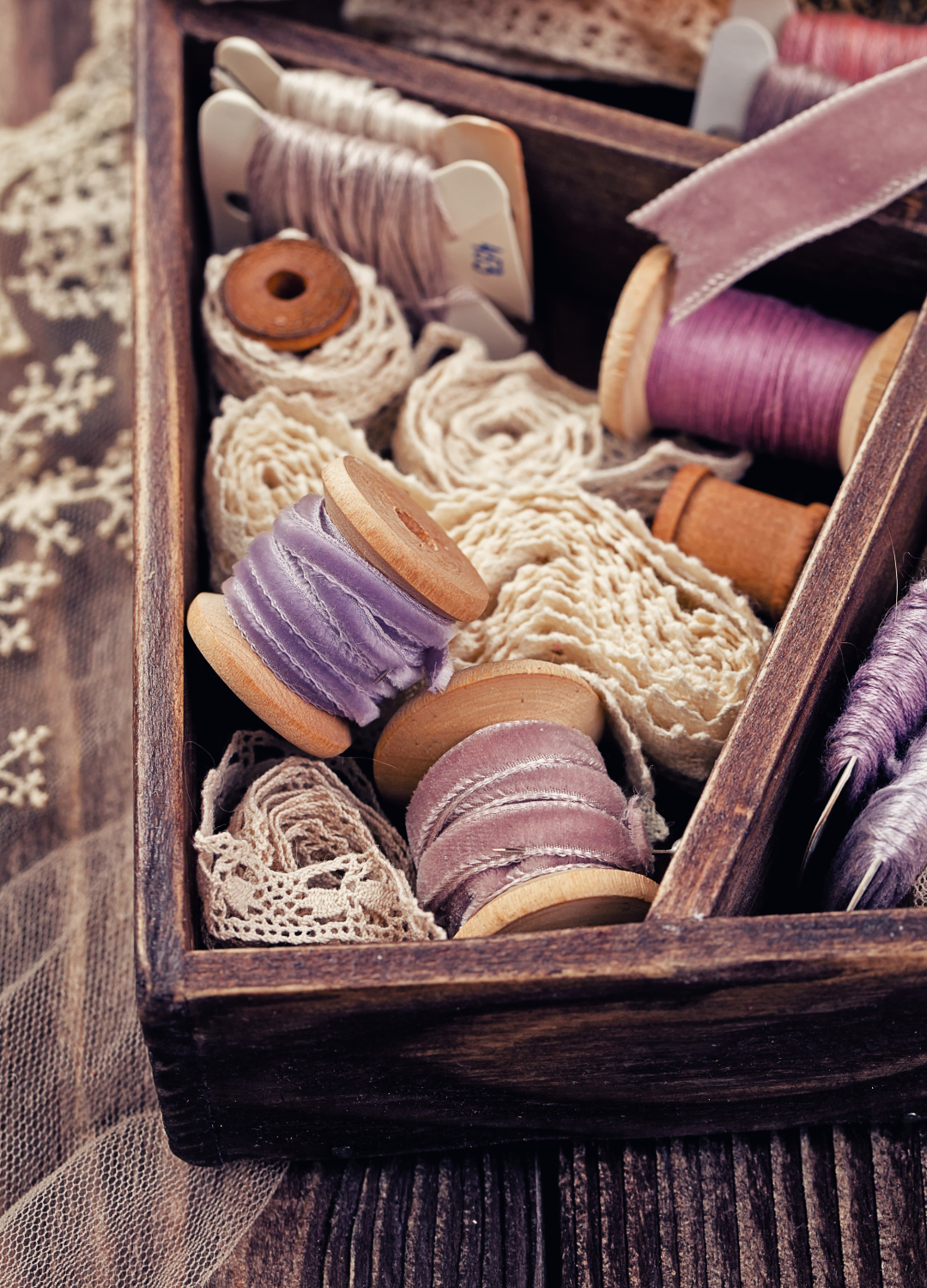
Getting into a mindset of repairing, rather than replacing, broken items this will save you money and prevents waste. Keep a sewing kit handy for clothing and consider up-cycling some furniture items - there are plenty of handy tutorials online if you don't know how to get started.
Join your local library

Getting lost in a good book is an affordable way to spend an afternoon and the thrifty among us can make this even more cost-effective with a library membership. Most memberships are free and you have a range of the latest bestsellers, as well as classic texts and non-fiction books. You can also request the titles you want to read if they don't have them in stock already.
Shop second hand

For those who love shopping for new clothes but don't love how expensive they are. Second hand shopping in charity shops allows you to buy high-quality items for less. Your local charity shop could be a treasure trove of finds, with everything from designer quotes to high street dresses available for less.
Focus on seasonal produce
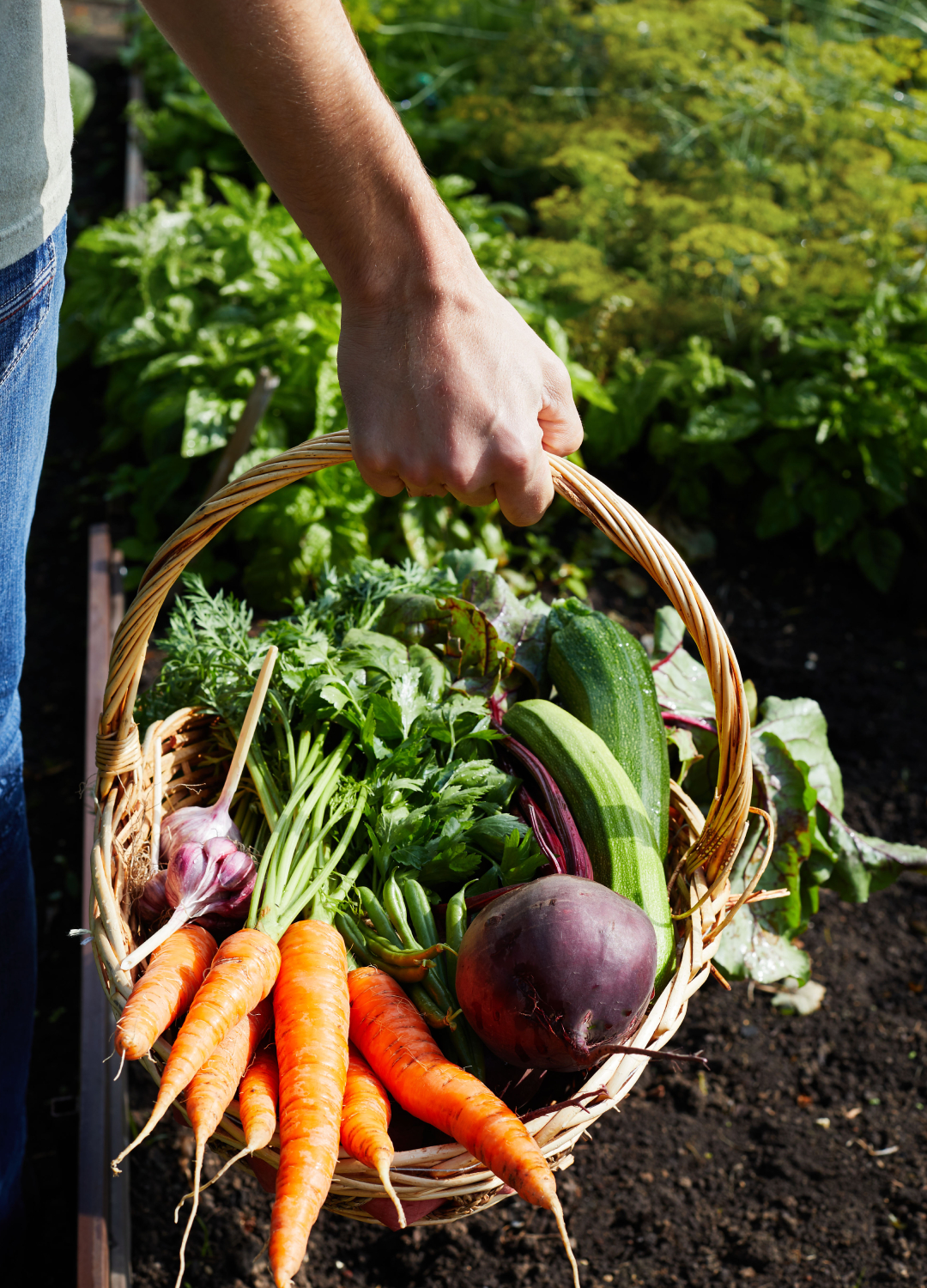
Buying fruit that's in season and grown locally is a move in a more sustainable direction as it's not done the air miles to get to the supermarket. It can also be cheaper! There are plenty of guides online that list which food is in season and when.
Try DIY beauty

Beauty products like face masks, body scrub and hair masks can be expensive, but these beauty staples can be whipped up at home for less. An apple cider vinegar rinse is a great way to boost shine, while banana and honey makes an affordable face mask.
Cook in bulk
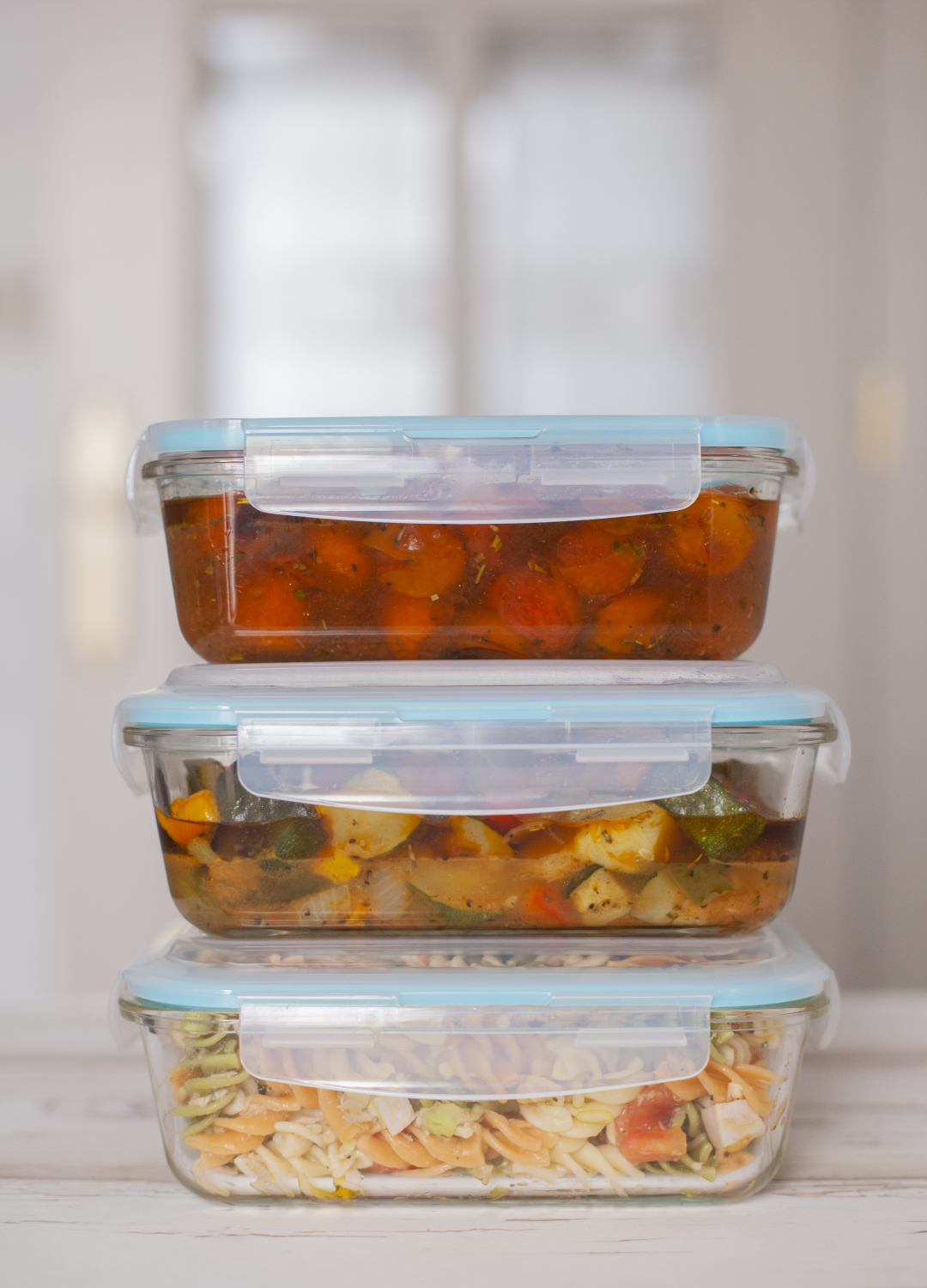
Batch cooking is good news for anyone trying to save money in the long run. Doubling, or even tripling, up on food and freezing portions isn't only cost-effective, but it takes the stress out when you're feeling time-poor. Curries, stews, chilli con carne and a bolognese mix will all freeze well.
Swap paper towels for fabric towels
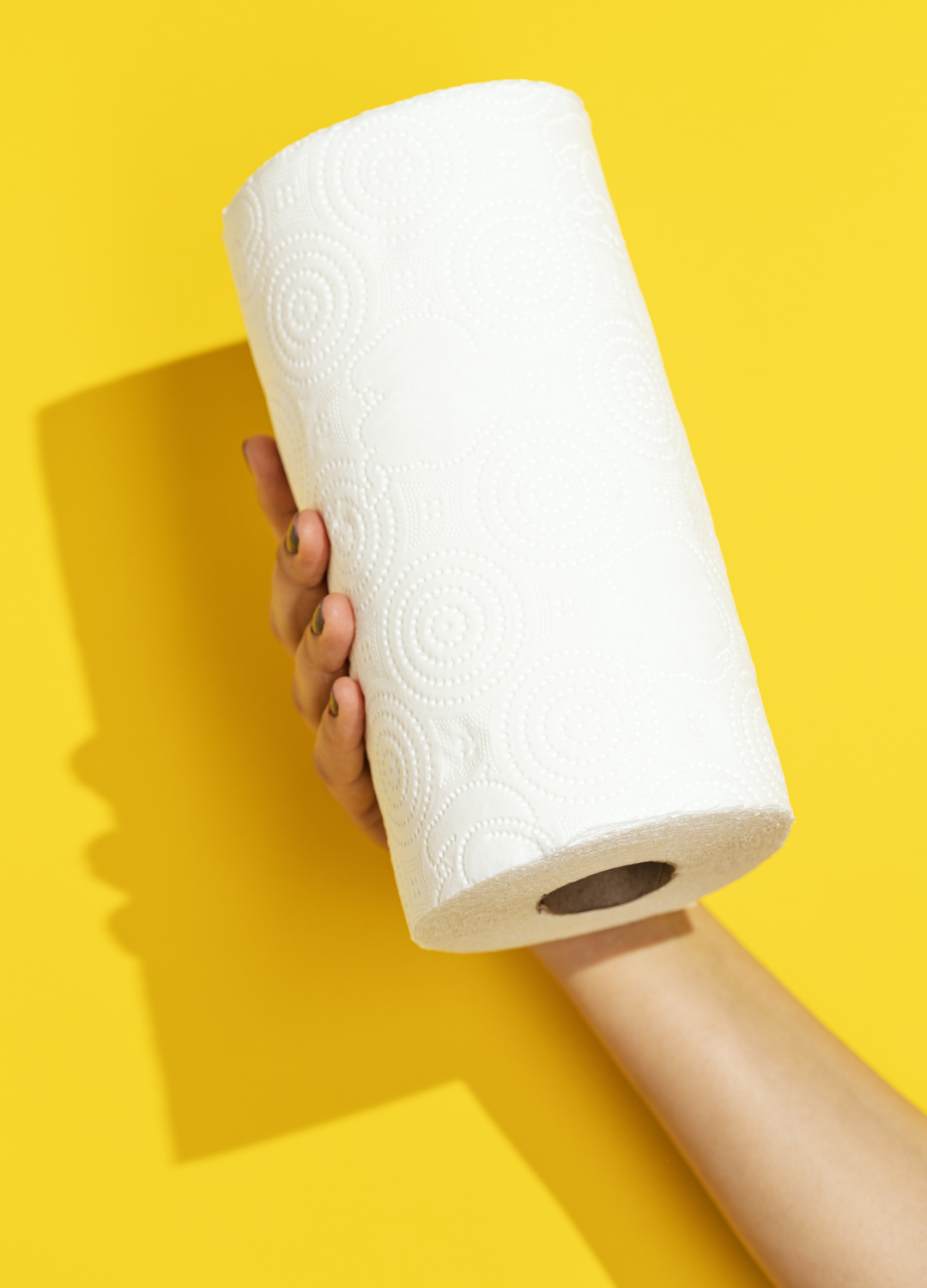
Many of the cost-saving swaps we love are also much more sustainable - it's all about re-using what we already have. Paper towels are great for mopping up spillages but they're also not very cost effective. Swap for reusable cloths to benefit both your bank balance and the planet.
Reduce your meat consumption
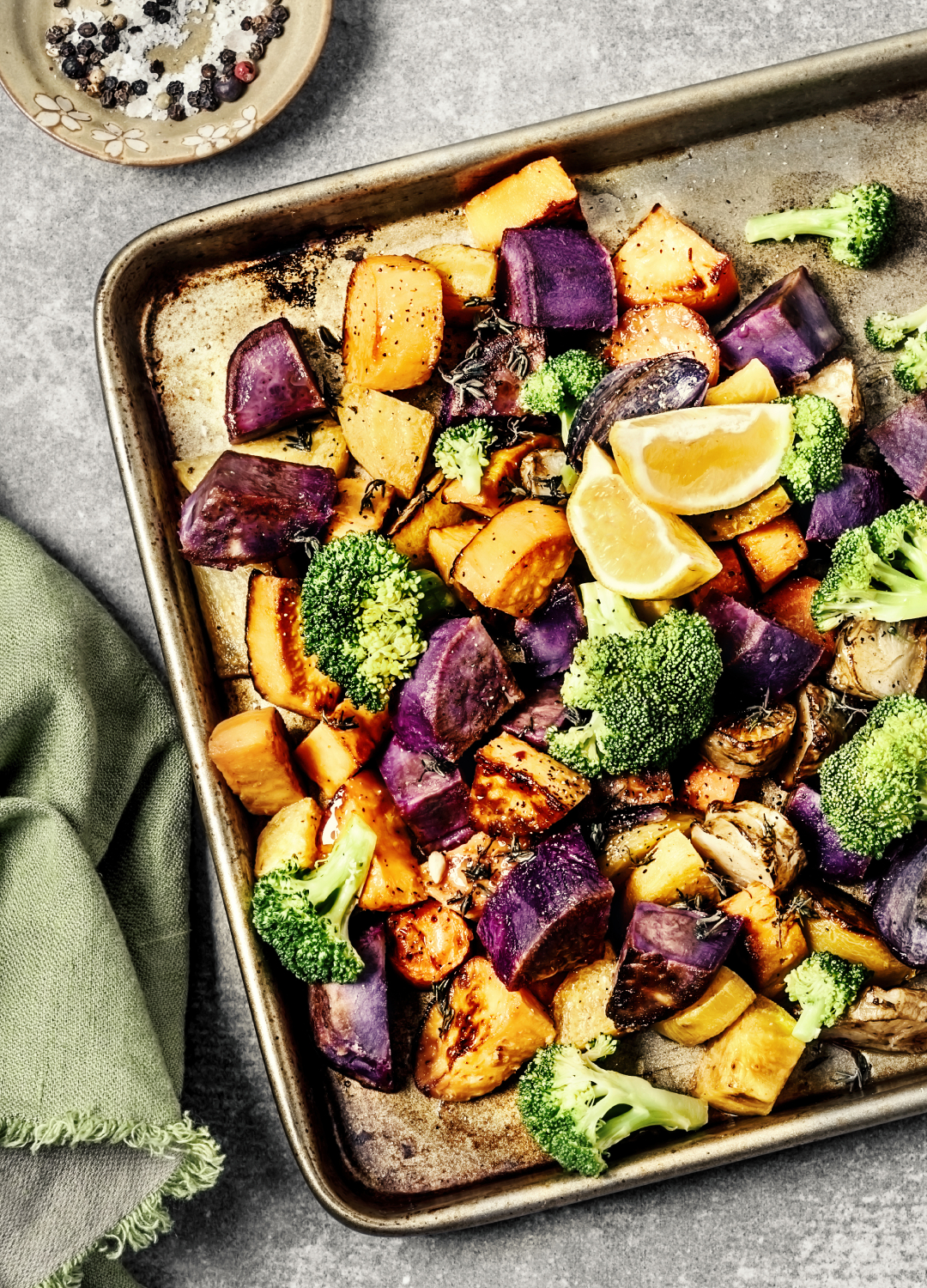
Meat is expensive, and there are so many tasty vegetarian dishes to try at home now, with cookbooks full of ideas and countless recipes online to try. For meat and fish lovers, opting for a vegetarian option a few nights a week could bring down the weekly food bill considerably.
Opt for a cooler wash
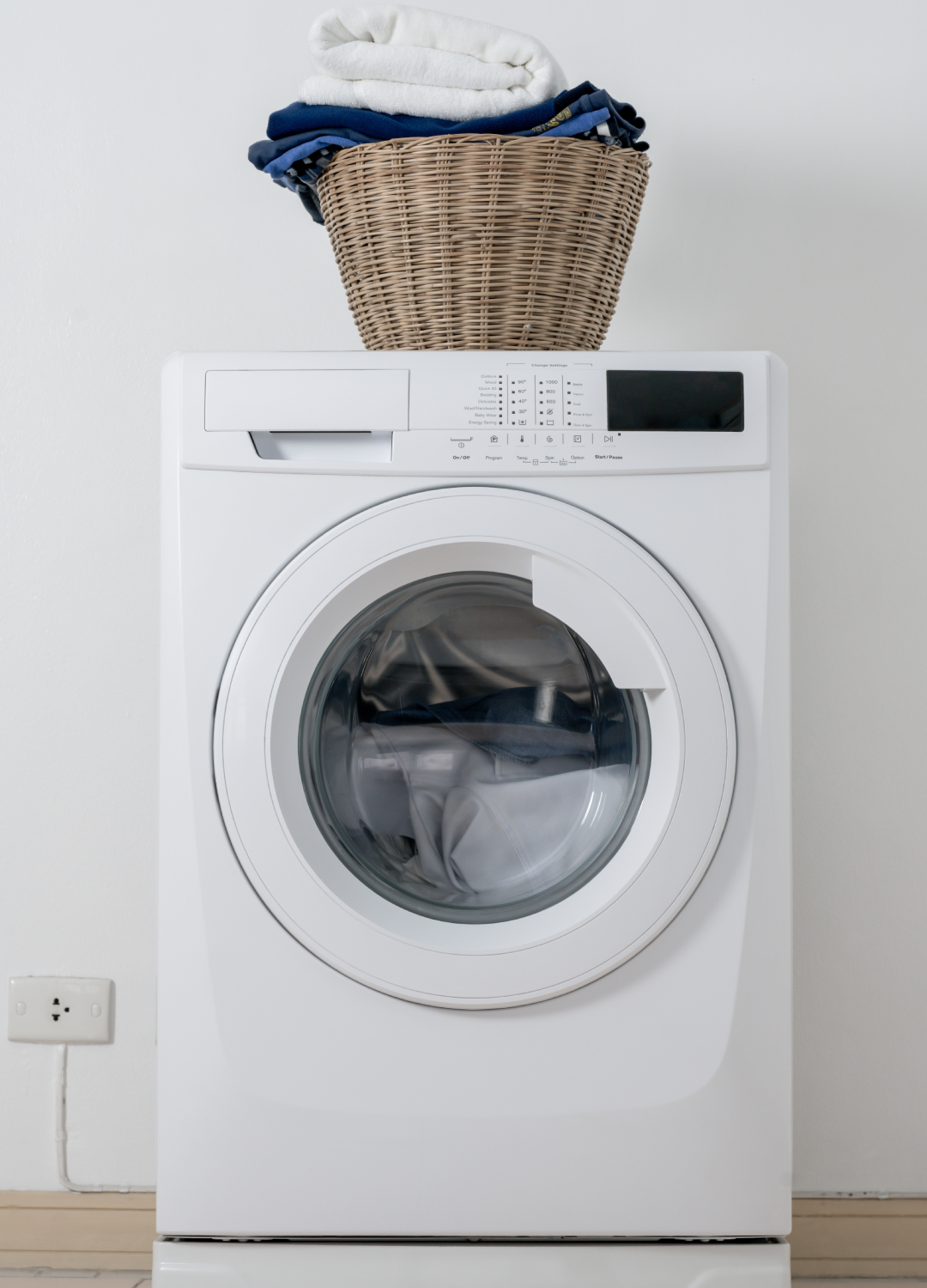
The temperature you wash clothes on can have a big impact on your energy bills. Look for washing capsules and detergent that is cold-wash friendly. With more people trying to cut down on bills, more brands are trying to cater to cold washes as an easy way to save on energy.
Let clothes air dry

Another washing hack to reduce costs is letting clothes air dry rather than using the tumble dryer. Granted, this is easier in the summer, but if you can air dry clothes outside, the sun's UV rays will also help kill bacteria and viruses. If you're drying inside, invest in a clothes rack that allows plenty of space between garments and easily folds away.
Keep your fridge organised
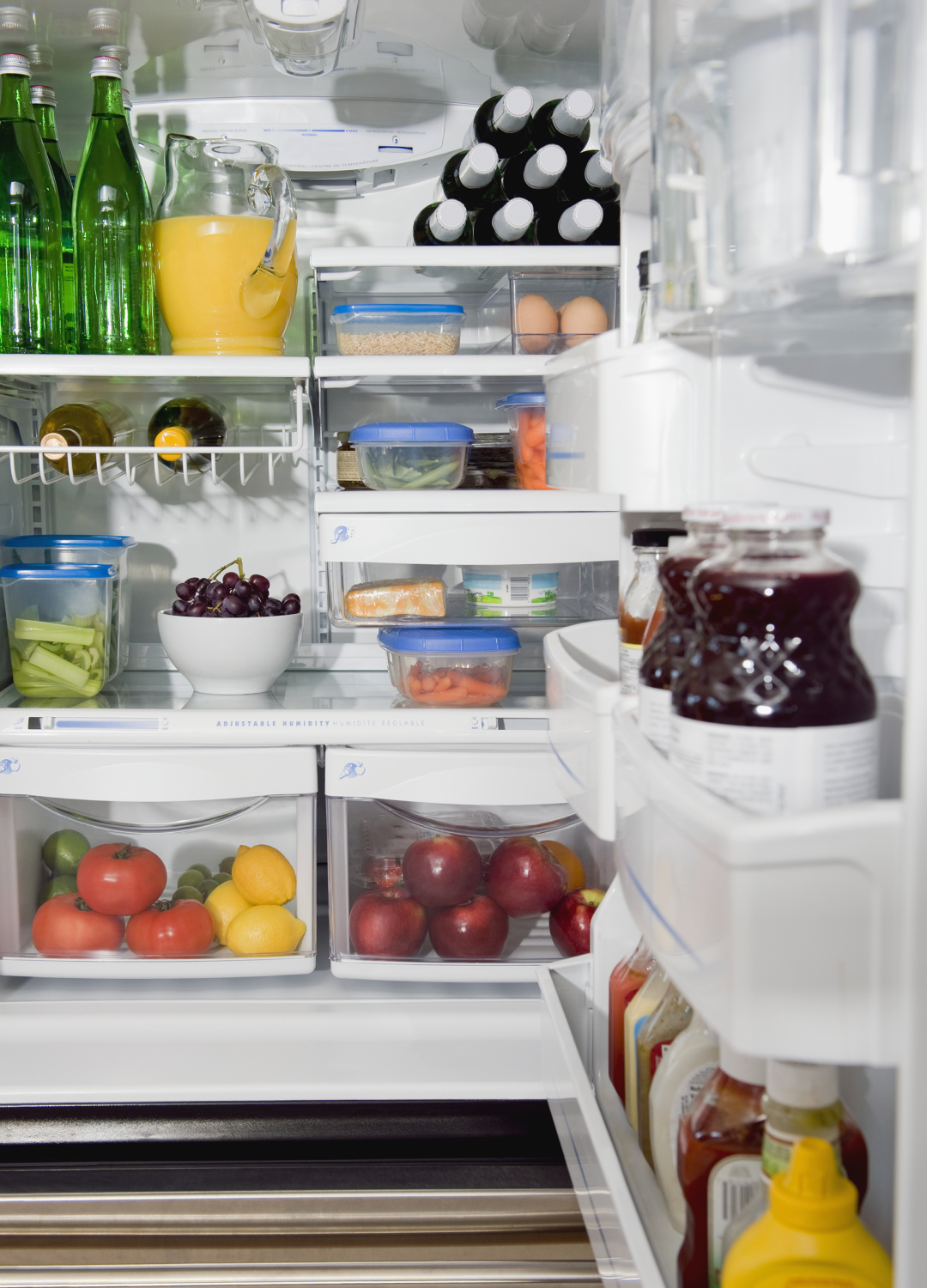
It might sound simple but a lot of people waste money simply by throwing things away when they don't use all of their food. Having designated sections is not only more hygienic but will help you see what needs to be used up - it could also be worth storing food that will go off soon in one place to keep it front of mind.
Reuse candles with tea lights

Rather than throwing away the glass jar of that expensive Jo Malone candle, clean it out instead and then reuse it. You could pop in flowers, pens and pencils, makeup brushes, or a jumbo tea light, using it as a cute candle holder. Brands like Diptyque have striking designs that are too beautiful to throw away.
Cook a whole chicken
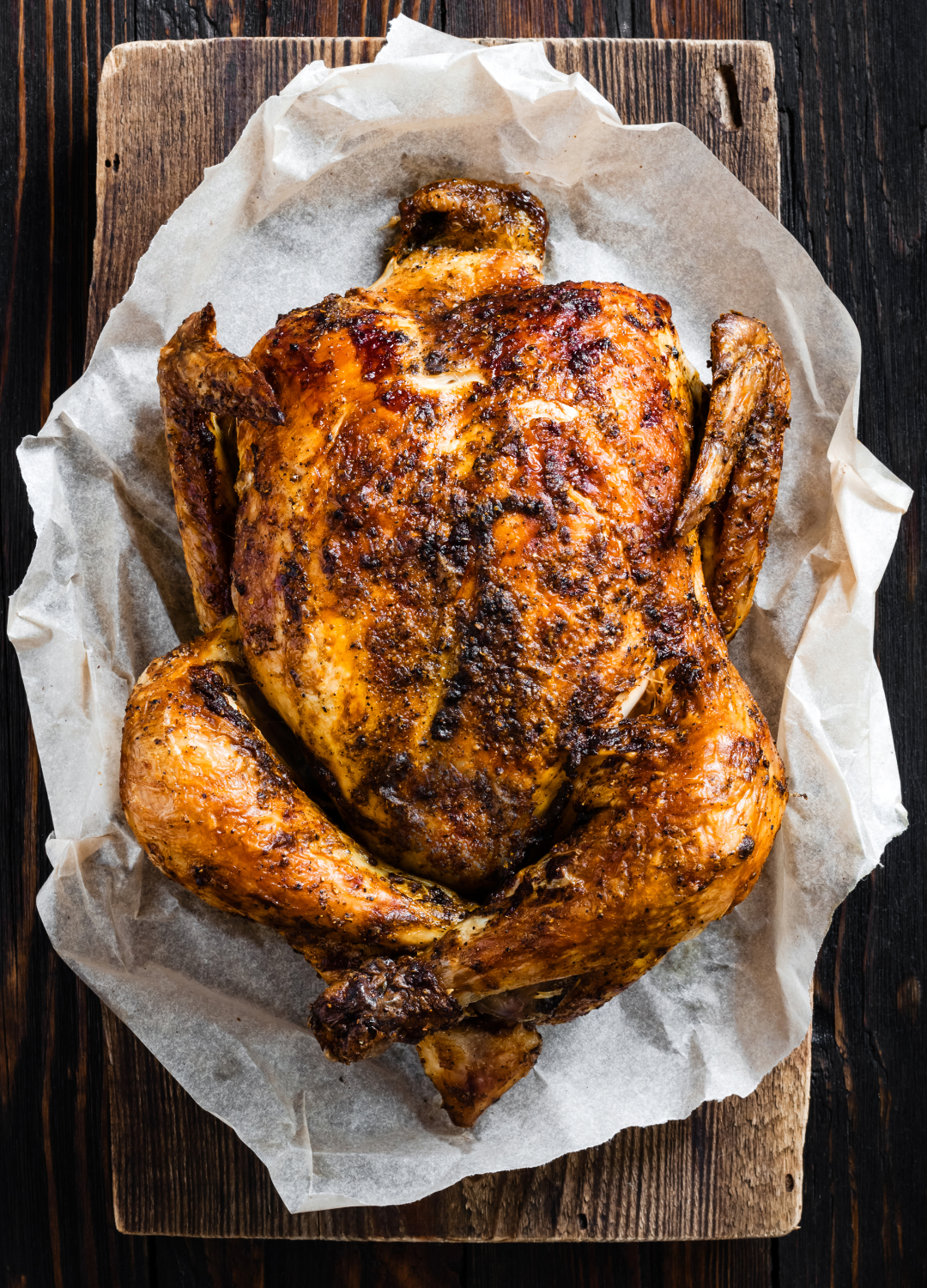
Whole chickens are more economical than buying chicken breast, which is typically more expensive. After roasting, portion the meat for dinners throughout the week and you'll get a lot more for your money. Bone broth, where the carcass is boiled with any veg from the roasting tray, for a number of hours to produce collagen, is known to have great health benefits, too.
Opt for beeswax cloths rather than clingfilm
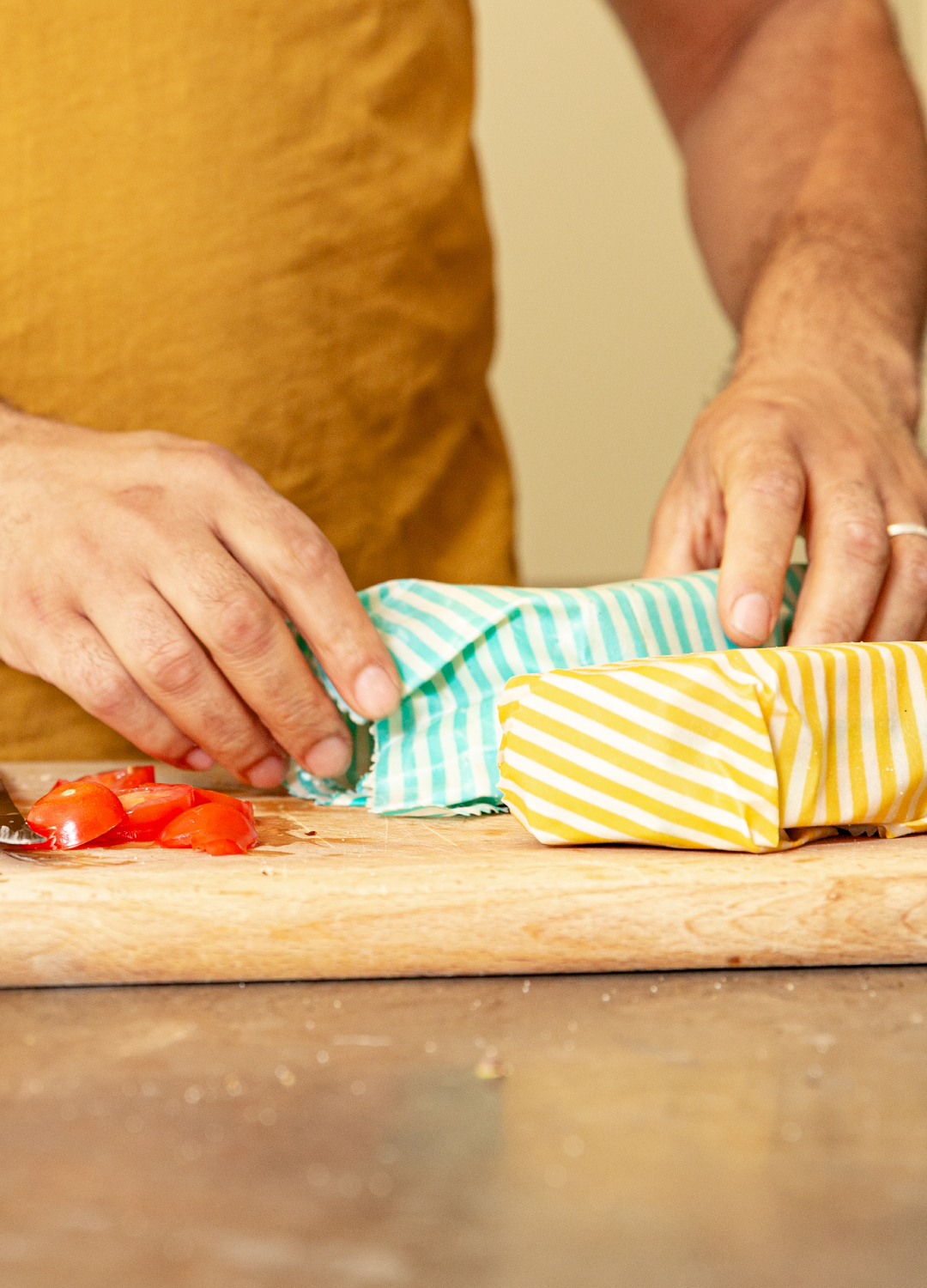
Another swap that's better for the planet is to ditch plastic clingfilm for beeswax instead. If you look after them, they last as long as years. Made from biodegradable and natural materials, they're another way to reduce exposure to toxins in daily life. Be wary, though, the material can melt, so make sure your food has cooled down first.
Plan your meals
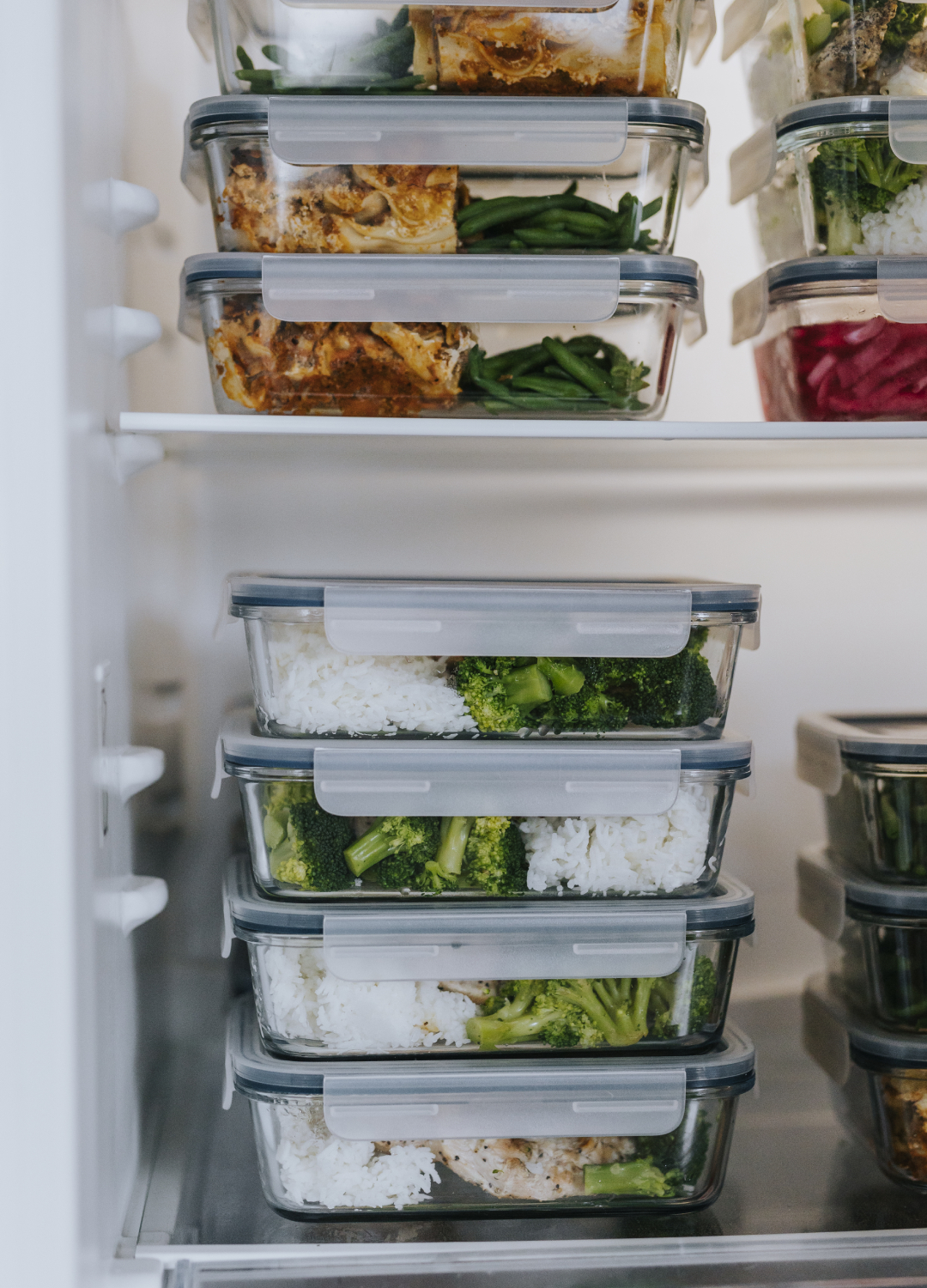
Meal planning means you'll waste a lot less and, therefore, limit the amount of food you'll throw away. It also ensures things are stress-free by saving time. You could even install a chalkboard in the kitchen so your partner or family knows what's on the menu for the week ahead - and who's on cooking duty.
Cut out smaller supermarket shops

Try and do one big shop rather than smaller shops throughout the week. The reason this will help you save money is that you're much less likely to pop in bits and pieces that you don't really need, like when you go into a local store to buy just 'one thing'. When it comes to food shopping organisation is key, so make sure you plan what to buy in advance to avoid any waste.
Invest in air tight containers
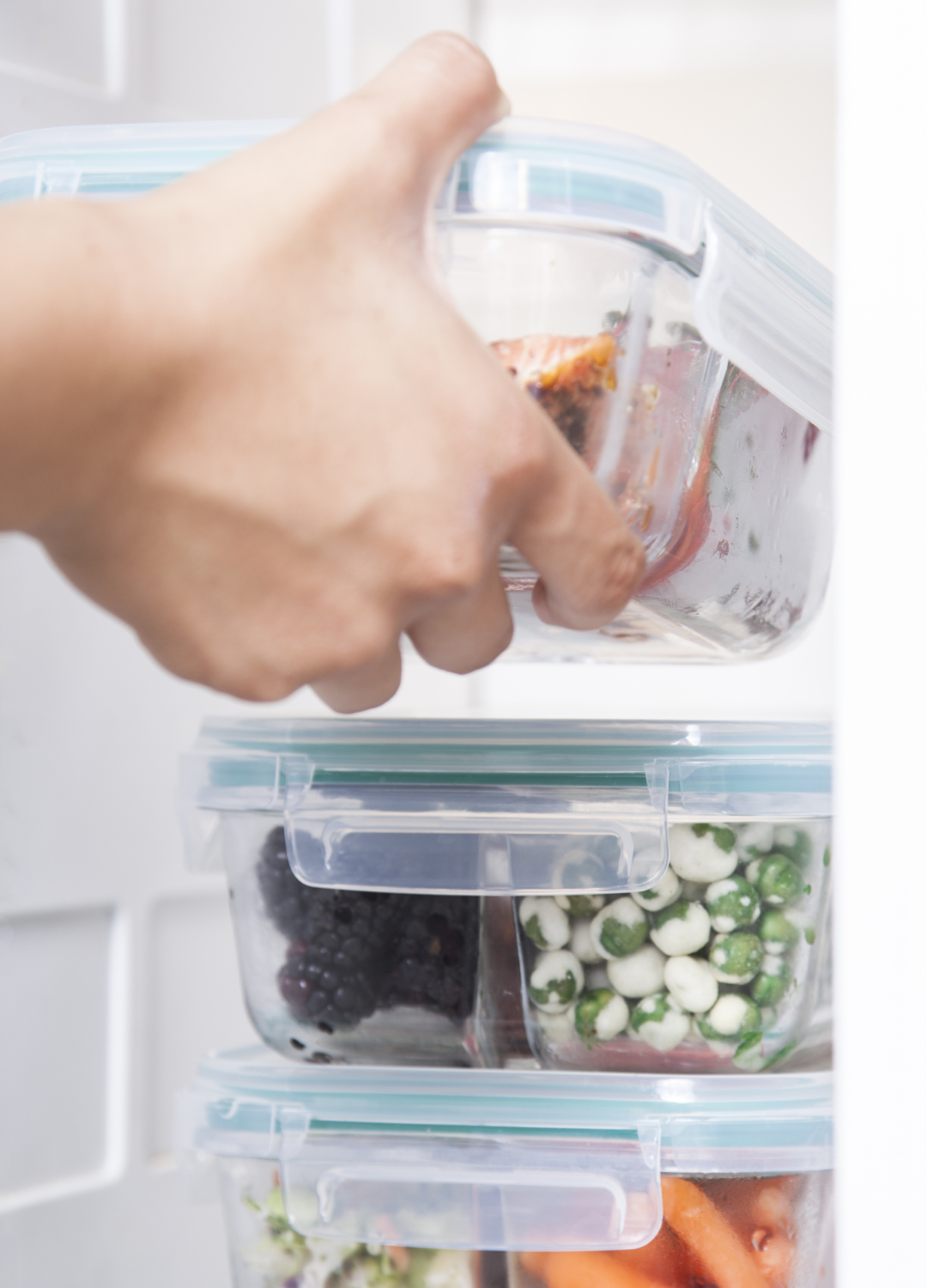
Another good tip for limiting waste is to invest in airtight containers for cereal, nuts and grains and ensure they stay fresh. It can also be satisfying to add labels to these in your kitchen for an organised space that feels like cluttered - and doesn't have any unsightly half-finished boxes on display.
Save brown paper instead of using wrapping paper
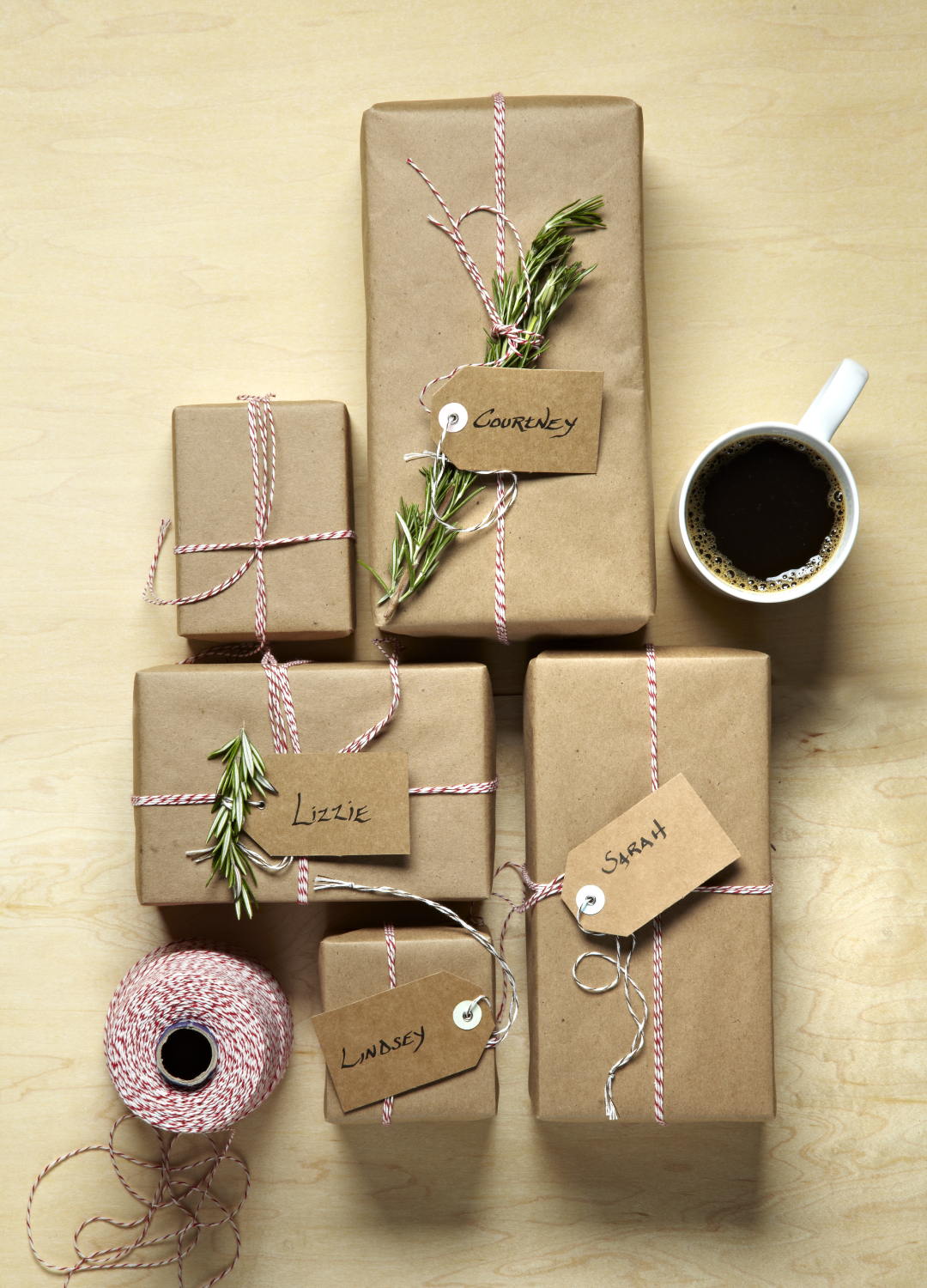
Brown paper and twine or string can look stylish when it comes to present wrapping and will also save on buying wrapping paper - which can really rack up costs around Christmas time. Another tip is to save and preserve gift boxes and bags to reuse - there's no point splashing out on new ones when all you need to do is switch the label.
Try handmade gifts
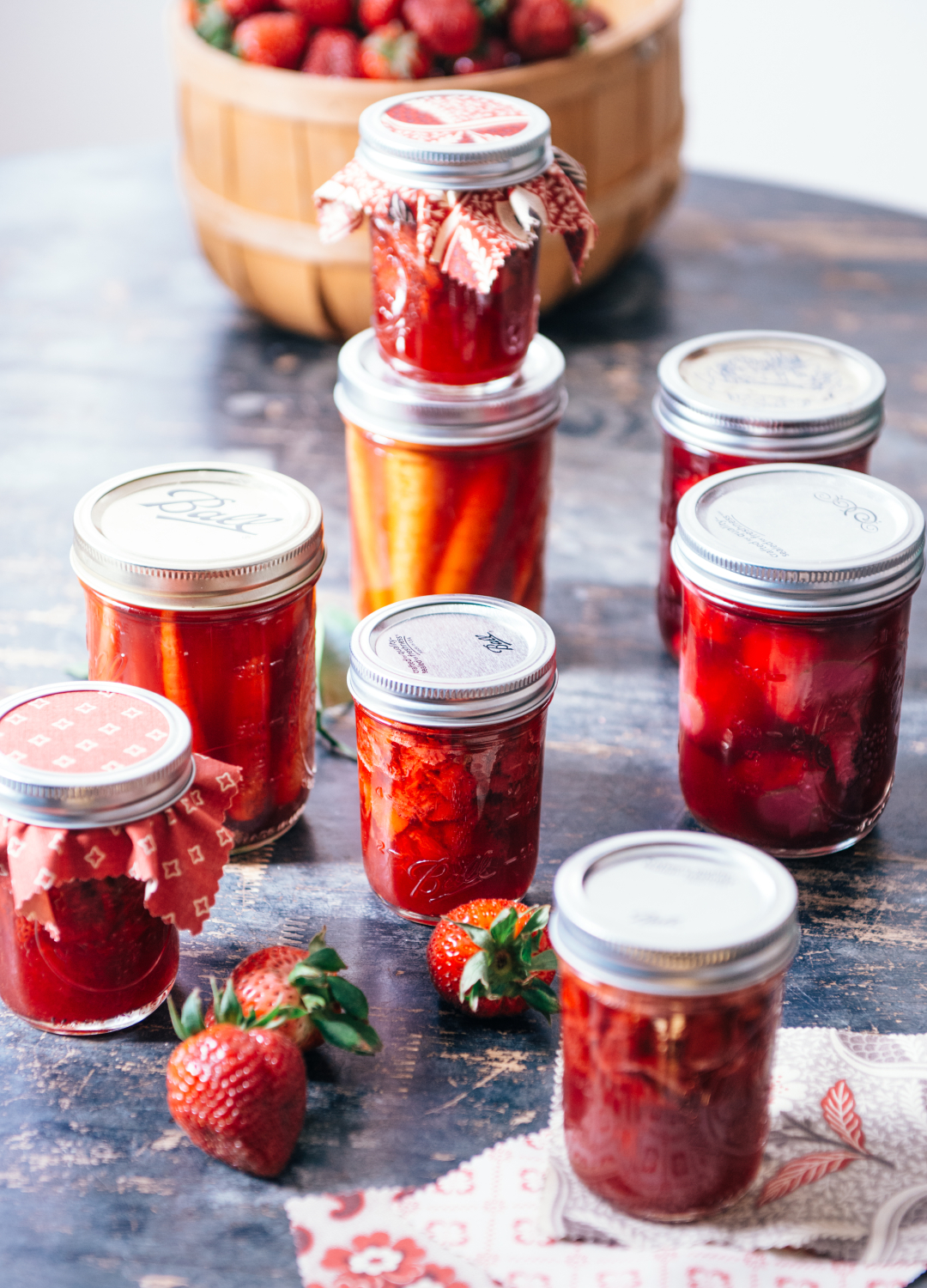
Gifting can be expensive, especially around Christmas time when there a lots of people to buy things for. Batch cooking some homemade jam, chutney or preserves and storing these in glass bottles (which can also be bought in bulk) is a thrifty way to gift and also adds a personal element to your present giving.
Consider secret Santa at Christmas

Christmas time can be very expensive for those with big families, so one way to cut down costs is to agree an amount and then draw out of a hat who gets who. There's an element of surprise that adds to the excitement, and it limits the pressure on family members who might feel overwhelmed when it comes to buying multiple gifts.
Host a swapping party

We all have old clothes in our wardrobe that we've fallen out of love with - but that doesn't mean they wouldn't be a real find for someone else. Host a gathering with friends where you all bring old clothes and go home with a new capsule wardrobe - before deciding to go to the charity shop instead.
Invest in a rechargeable lighter

Stop buying matches or plastic lighters - which aren't good for the environment - and invest in a rechargeable lighter to light candles in your home. They're easy to use and charge on a lead like a phone, so you'll never be without a lighter when you want to get cosy with some candles.
Go for dried pulses

Dried pulses like chickpeas, lentils and cannellini beans are cheaper to buy in bulk than canned versions and will last longer as well. Just be aware that they will need more prep, usually soaking and cooking beforehand. Useful as the base of a variety of dishes they're an affordable and useful addition to your pantry or kitchen cupboard.
Opt for refillable products

Refillable beauty products will limit your plastic use and also save you money -pouches are considerably cheaper than buying beauty products like shampoo, shower gel and hand soap new. There are plenty of websites online that will offer a repeat order so you don't have to waste time going out and buying new beauty products as well.
Remember less is more when it comes to your wardrobe

Swapping fast fashion for investment pieces that are built to last will save you money in the long run. Rather than going for multiple items whenever you need something new, prioritise timeless and versatile pieces that can be dressed up and down and mixed and matched with other items. Having tried and tested outfit formulas will help you save time when deciding what to wear, too!
Lauren is the former Deputy Digital Editor at woman&home and became a journalist mainly because she enjoys being nosy. With a background in features journalism, Lauren worked on the woman&home brand for four years before going freelance. Before woman&home Lauren worked across a variety of women's lifestyle titles, including GoodTo, Woman's Own, and Woman magazine.
-
 The Handmaid's Tale: Does June get Hannah back at the end of season 6?
The Handmaid's Tale: Does June get Hannah back at the end of season 6?It's been June's endgame from the very first moments of The Handmaid's Tale, but will she be reunited with her daughter Hannah at the end of season 6?
By Lucy Wigley
-
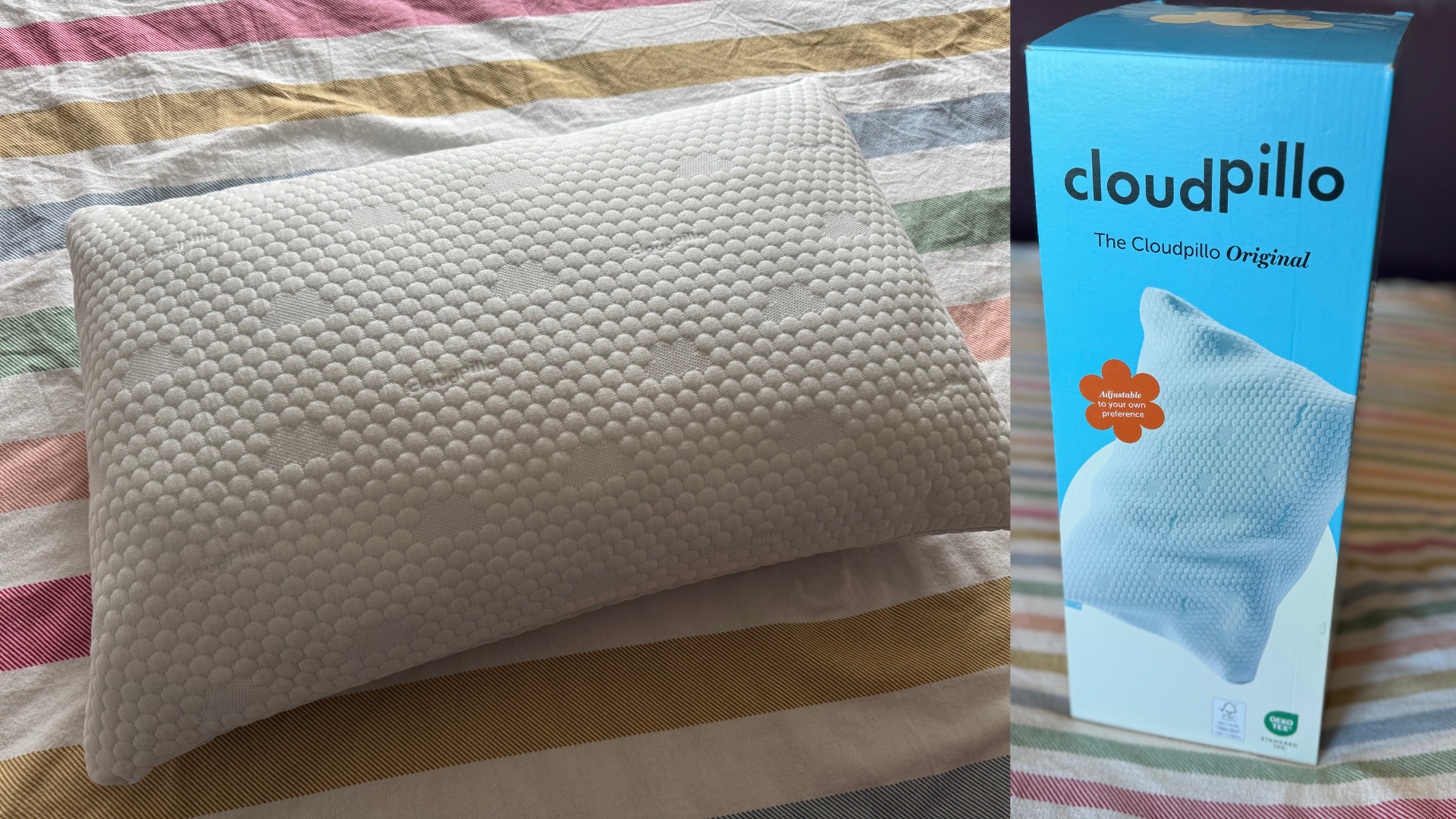 My decades-long quest for the perfect pillow ends here, but forget what you think you know about memory foam
My decades-long quest for the perfect pillow ends here, but forget what you think you know about memory foamPacked full of tiny pieces of shredded memory foam with a dual-sided cover to keep you cool, this is the next best thing to sleeping on a cloud
By Heidi Scrimgeour
